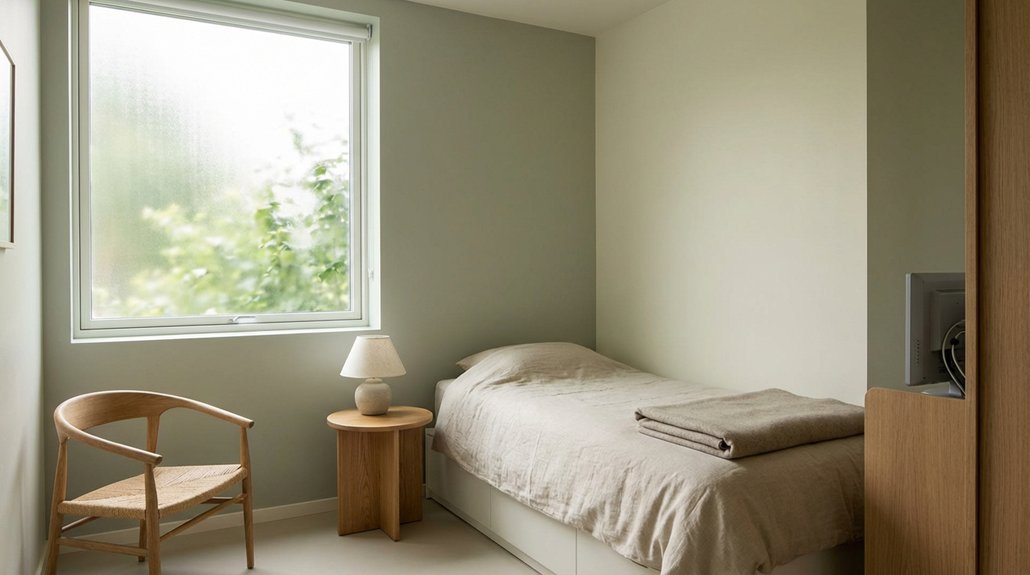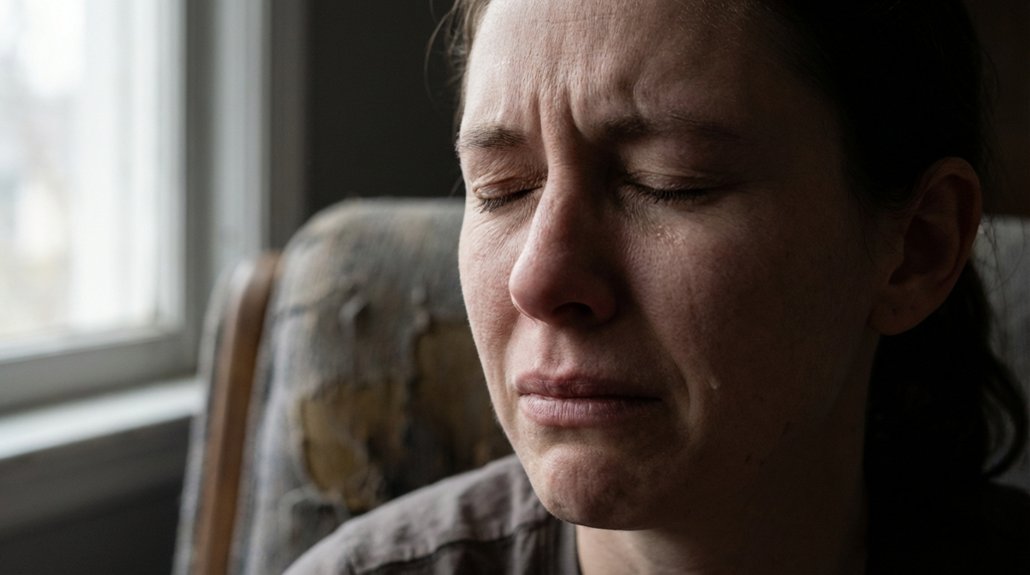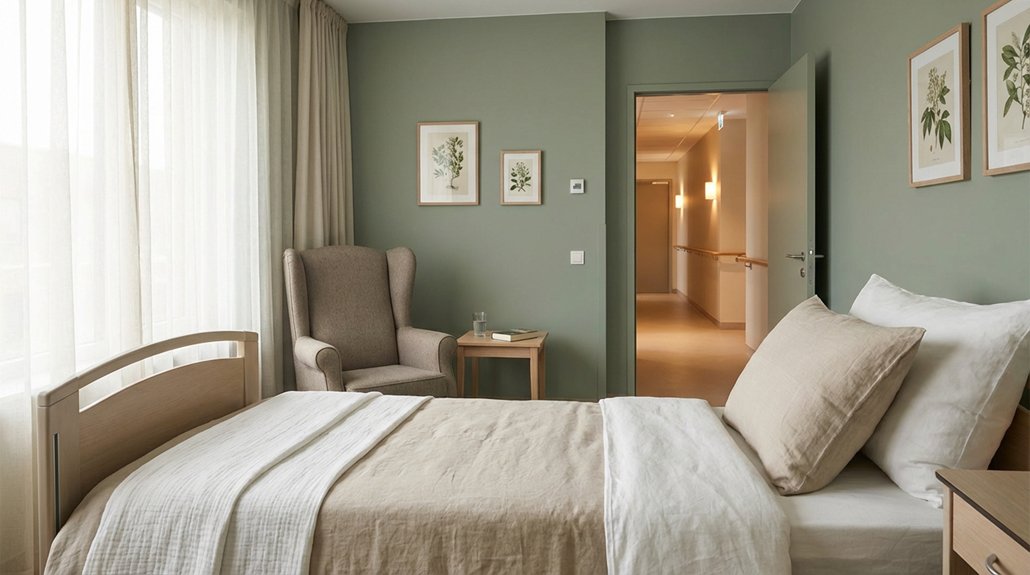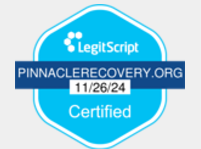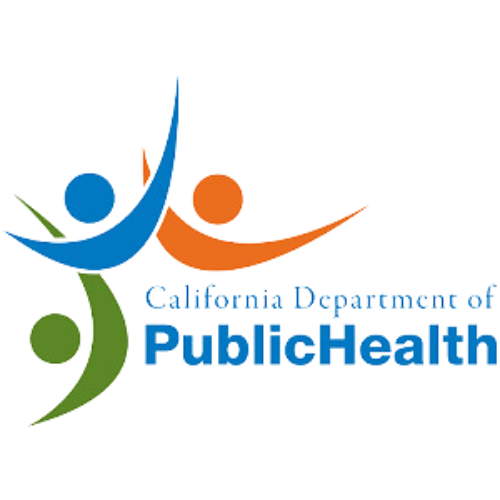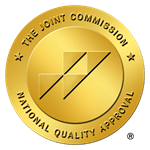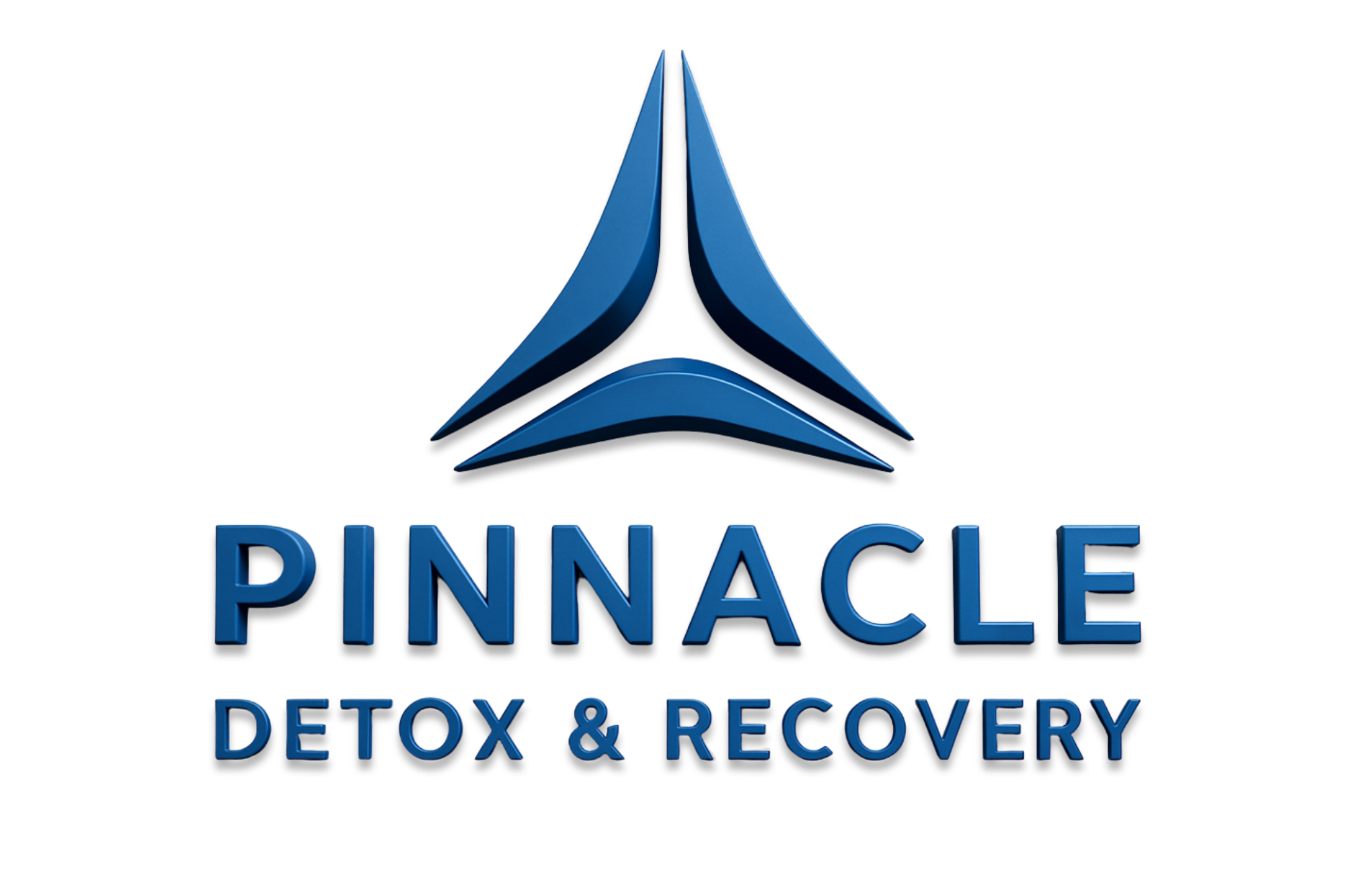Holistic healing in rehab addresses your addiction by treating your whole person, mind, body, and spirit together. You'll engage in
evidence-based practices like
mindfulness meditation, which weakens the connection between cravings and substance use, while
yoga and acupuncture help regulate your emotions and reduce anxiety. These approaches complement traditional treatment by targeting root causes like trauma and stress. Research shows that 88.4% of people in recovery rate their quality of life as good or better, and combining holistic methods with medical care drastically improves your chances of sustained sobriety and
long-term wellness. Incorporating
family roles in rehab processes is essential, as involving loved ones can provide crucial support and foster a deeper understanding of the recovery journey.
Understanding the Whole-Person Approach to Addiction Recovery
The
whole-person approach recognizes that addiction doesn't exist in isolation, it's deeply connected to your
mental health,
past experiences,
physical well-being, and
social environment. This inclusive framework addresses root causes like trauma, chronic stress, and psychosocial factors rather than focusing solely on substance use symptoms. Research shows that multidimensional interventions yield higher recovery and long-term sobriety rates than single-focus treatment. By integrating practices like yoga, mindfulness, and meditation in rehab, you're engaging mind, body, and spirit simultaneously. These
evidence-based methods help you process underlying contributors while building sustainable coping skills. Approximately
40% of individuals with addiction also struggle with a mental health disorder, making it essential to address both conditions simultaneously for effective recovery. Recovery is achievable, with
88.4% of individuals in recovery rating their quality of life as 'good,' 'very good,' or 'excellent.' While addiction is often described as chronically relapsing, studies show that the
median number of serious recovery attempts before achieving lasting sobriety is actually 2, which may be lower than many people expect. The supportive physical and social environments within holistic programs minimize triggers and create space for genuine healing, giving you tools that extend far beyond your time in treatment.
The Five Essential Elements of Holistic Treatment
Holistic
healing in residential rehab breaks down into five interconnected dimensions that work together to support your complete recovery.
Physical health focuses on fitness, nutrition, and sleep to restore your body's resilience.
Emotional health addresses trauma and stress through therapies that build healthy coping mechanisms.
Social health emphasizes building supportive relationships and reducing isolation through peer groups and community engagement.
Spiritual health helps you find purpose and meaning through meditation and mindfulness practices.
Intellectual health develops your skills and boundaries through education and personalized planning.
Alternative therapies for recovery, including art therapy, yoga, and nutritional counseling, strengthen these dimensions simultaneously. This comprehensive approach recognizes that
addiction affects mind, body, and spirit, requiring treatment that addresses all aspects of your well-being.
Mindfulness-Based Cognitive Therapy has demonstrated remarkable effectiveness, reducing relapse rates by half in patients recovering from recurrent depression.
Participation in support group meetings provides ongoing accountability and strengthens your connection to a community that understands your journey. Research shows significant improvements across all five areas (P-value < 0.001), demonstrating how integrated
holistic treatment creates
lasting transformation beyond traditional approaches alone.
Mindfulness and Meditation Practices for Relapse Prevention
Mindfulness and meditation practices zero in on the
present moment, training you to observe cravings and triggers without immediately reacting to them. Research shows that Mindfulness-Based Relapse Prevention (MBRP) greatly reduces substance use and heavy drinking compared to standard treatment. This structured 8-week program combines meditation,
mindful breathing, and cognitive therapy to build awareness of emotional and cognitive patterns that drive relapse. The evidence is compelling:
formal mindfulness practice, whether daily meditation or weekly sessions, weakens the link between
craving and actual substance use. You'll also experience reductions in depression,
anxiety, and overall psychiatric severity. When combined with medications for opioid use disorder, MBRP produces
significant reductions in craving, anxiety, and depression while increasing mindfulness skills. Mindfulness-based interventions also target
dysregulation of neural processes underlying reward learning and executive functioning that drive substance use disorders. A recent doctoral study found that mindfulness-based interventions resulted in
less than 15% reduction in relapse incidence after three months of implementation among adults with substance use disorder. By increasing your
awareness and behavioral flexibility, mindfulness creates space between impulse and action, giving you the tools to navigate high-risk situations with greater resilience and self-control.
Physical Therapies: Yoga, Acupuncture, and Movement-Based Healing
Physical therapies like
yoga, acupuncture, and structured movement programs offer evidence-based tools that address both the physical and
emotional dimensions of recovery. You'll find that yoga helps
regulate emotions by reducing anxiety and enhancing self-control, while acupuncture targets
withdrawal symptoms and cravings through neurobiological pathways. Movement-based practices strengthen your body's resilience, release natural mood-enhancing endorphins, and provide healthy alternatives to substance use during vulnerable moments.
Therapeutic taping and other hands-on techniques work alongside these modalities to support musculoskeletal healing and reduce physical discomfort throughout the recovery process. These interventions employ
strategies similar to those used for chronic pain management, as addiction and chronic pain share neurocognitive pathways in the brain. Research shows that
higher levels of physical activity are longitudinally associated with lower rates of substance use disorder development, making movement-based therapies a valuable preventive component in long-term recovery.
Yoga for Emotional Regulation
Many people in recovery struggle with overwhelming emotions that can trigger cravings or relapse. Yoga offers a powerful tool for
emotional regulation by strengthening the
mind-body connection and calming your nervous system. Through mindful movement, breathwork (pranayama), and guided meditation, you'll develop greater self-awareness and recognize
emotional triggers before they escalate. Research shows yoga modulates your
stress response by reducing cortisol levels and increasing GABA, a neurotransmitter that promotes calmness. Regular practice enhances neuroplasticity, helping your brain rewire maladaptive emotional patterns while strengthening circuits involved in
impulse control. Studies confirm yoga reduces anxiety, depression, and emotional dysregulation in individuals with substance use disorders. Yoga also
positively affects neural pathways related to reward processing and inhibitory control, further supporting recovery. Techniques like
Yoga Nidra and mantra chanting deepen relaxation and emotional healing. Trauma-informed yoga creates a
supportive environment for healing, emphasizing sensitivity to potential triggers while enabling you to explore inner experiences with compassion. You'll also experience improved sleep quality, physical tension release, and enhanced self-esteem, all critical factors supporting
long-term sobriety.
Acupuncture Reduces Cravings
While yoga strengthens your
mind-body connection through movement and breath, acupuncture works at a
neurochemical level to directly
reduce the cravings that threaten your recovery. Clinical evidence shows acupuncture modulates dopamine and GABA receptors in your brain's
reward centers, decreasing the intensity of drug and alcohol cravings. Studies demonstrate that acupuncture groups maintain considerably lower
relapse rates, up to 77.3% compared to 95.7% in control groups, at six-month follow-ups. Beyond craving reduction, you'll likely experience improvements in sleep quality, anxiety levels, and mood stabilization. These effects occur because acupuncture normalizes
neurotransmitter release in regions like your nucleus accumbens and amygdala, restoring the neurochemical balance disrupted by substance use. Research indicates that acupuncture inhibits anxiety-like behaviors by ameliorating dysfunction of the
mesolimbic dopamine pathway through inhibition of BDNF expression in the ventral tegmental area. For those transitioning off medication-assisted treatment, acupuncture serves as an
adjuvant treatment to lower the dosage of pharmacological drugs while reducing their side effects. This makes acupuncture a valuable complement to your traditional therapy.
Movement Builds Physical Resilience
As your body heals from the physical toll of
substance use,
structured movement therapies become essential tools for rebuilding strength, endurance, and overall resilience. Evidence-based
physical therapy protocols help counter cravings through
endorphin release while improving fitness levels. Programs incorporating these interventions show a 22% decrease in patients leaving against medical advice and a 15% increase in treatment retention. Yoga enhances flexibility and balance while addressing
emotional regulation through
mind-body integration. Studies demonstrate significant improvements in depression, anxiety, and sleep quality among participants. Movement-based therapies like dance or martial arts offer enjoyable outlets for managing stress and triggers. Regular
physical activity increases abstinence rates and days free from substance use, while reducing relapse risk by strengthening both physical capacity and emotional resilience throughout your recovery journey.
Creative and Expressive Therapies in Substance Abuse Treatment
Creative therapies offer you powerful alternatives to traditional talk therapy, especially when words feel inadequate to express what you're experiencing.
Art therapy has been shown to improve treatment retention and self-awareness in 36.8% of U.S. addiction programs, while
music therapy helps you develop healthier coping mechanisms for stress and emotional regulation. These
expressive modalities engage your mind differently, allowing you to process trauma and build skills that support long-term sobriety through
non-verbal channels.
Art Therapy Improves Retention
When traditional talk therapy feels overwhelming or inaccessible,
art therapy offers an alternative pathway that keeps individuals engaged in their recovery journey. Studies show that participation in art therapy substantially increases
treatment retention rates and strengthens your commitment to recovery, particularly if you're managing
dual diagnosis or
polysubstance use disorders. Creative expression provides
nonverbal outlets for processing emotions and experiences that feel difficult to articulate. This accessibility proves especially valuable during early treatment stages, even detox, when you're most vulnerable to dropping out. By offering positive, empowering experiences through art-making, you'll find motivation to continue treatment. The
self-reflection fostered through artistic activities helps you recognize addictive patterns, explore ambivalence about substance use, and develop insight into underlying emotions driving your addiction.
Music Therapy Builds Coping
Music therapy offers structured pathways for developing healthier coping mechanisms that replace substance use with meaningful emotional expression. Through techniques like improvisation, songwriting, and lyric analysis, you'll process stress, depression, and anxiety, emotions that often trigger relapse. Active participation engages neural pathways related to mood regulation, supporting natural dopamine release without substances.
| What Music Therapy Addresses |
How It Helps You Cope |
| Boredom and loneliness |
Creates meaningful engagement |
| Stress and anxiety |
Provides non-verbal emotional outlets |
| Depression symptoms |
Improves mood and motivation |
| Cravings |
Offers healthy self-soothing alternatives |
| Social isolation |
Builds community and connection |
Studies show reduced anxiety and depressive symptoms, leading to better treatment retention. However, you'll need trauma-informed guidance, certain songs may trigger associations with past substance use, requiring careful selection and professional support.
Evidence-Based Results: How Holistic Methods Improve Recovery Outcomes
Although
holistic methods have long been valued for their ability to address the
whole person, recent research now provides
concrete evidence of their effectiveness in addiction recovery.
Mindfulness-Based Cognitive Therapy reduces relapse rates by 50% in recurrent depression and shows similar promise for addiction disorders. A
10-week holistic program demonstrated significant improvements across physical, psychological, environmental, and social domains (P < 0.001). You'll find
nature-based interventions produced positive outcomes in 85% of reviewed studies. These approaches prove especially valuable when you're facing
co-occurring disorders, at least 20% of individuals with mental illness also struggle with substance use. Combined holistic and medical care consistently yields better treatment retention and sustained sobriety rates. Longer-term holistic treatment, particularly programs lasting 90 days, shows improved success rates and mental health outcomes.
Combining Traditional and Holistic Approaches for Maximum Success
Recovery becomes most effective when you're able to draw from multiple pathways to healing. Integrated treatment plans combine evidence-based
therapies like CBT and DBT with holistic practices such as yoga, meditation, and nutritional support, addressing both psychological and physical dimensions of addiction. This balanced approach provides structured clinical guidance alongside flexible tools for stress management and emotional regulation.
| Aspect |
Traditional Focus |
Holistic Focus |
| Goal |
Abstinence, behavior change |
Overall wellbeing, self-regulation |
| Methods |
Therapy sessions, MAT, 12-step |
Mindfulness, movement, art therapy |
| Medication |
Standard use of psychiatric meds |
Minimal, only as needed |
Research indicates that integrated models enhance treatment completion rates and reduce medication dependency. You're empowered to heal trauma, build healthy habits, and develop lasting coping strategies, fostering not just sobriety, but emotional resilience and renewed purpose.
Building Lasting Sobriety Through Mind-Body Integration
When your mind and body work together, they create a foundation for sobriety that's far more resilient than relying on
willpower alone. Research shows that
mindfulness-based interventions substantially reduce cravings, while
yoga and meditation promote the
emotional stability you need for long-term recovery. These practices aren't just calming, they teach you to recognize triggers before they escalate and develop distress tolerance that protects against relapse. Physical exercise disrupts
dependency cycles by addressing both psychological and physiological needs simultaneously. When you participate in
mind-body programs, you're more likely to complete treatment and maintain abstinence afterward. The stress management skills you develop become tools you'll use for years, helping you respond proactively to challenges rather than reactively to cravings.
Frequently Asked Questions
Are Holistic Therapies Covered by Insurance or Considered Out-Of-Pocket Expenses?
Coverage varies dramatically by insurance plan.
Many insurers cover certain
holistic therapies like yoga, acupuncture, and nutrition counseling as part of addiction treatment, especially when integrated with evidence-based approaches. However, therapies like art therapy, massage, or equine therapy often aren't fully covered, resulting in
out-of-pocket costs. Your plan's specific benefits, medical necessity requirements, and whether providers are in-network all affect coverage. It is crucial to verify your plan's details and obtain
prior authorization when needed to understand your potential expenses.
How Long Does It Take to Feel Benefits From Holistic Practices?
You'll often notice
initial benefits from holistic practices like mindfulness, yoga, or breathwork within
2, 4 weeks of consistent engagement. Some people feel reduced stress and improved mood after just a few sessions. Nutritional changes and deeper emotional benefits typically emerge over
several weeks to months. Your timeline depends on factors like practice frequency, the severity of your condition, and how well the approach fits your personal needs.
Combining holistic methods with traditional treatment often accelerates positive results.
Can Holistic Rehab Work Without Medications for Withdrawal Symptoms?
Holistic rehab alone isn't safe for severe withdrawal, especially from alcohol or benzodiazepines, which can cause
life-threatening complications like seizures. While mindfulness, nutrition, and body-based therapies can ease milder symptoms and support your comfort, they don't replace
medical supervision when it's needed. The most effective approach often blends holistic care with
appropriate medications, ensuring you're safe while benefiting from
complementary practices. Always work with professionals who'll assess your specific situation and provide the right level of medical support.
What Happens if Someone Doesn't Connect With Yoga or Meditation?
If you don't connect with yoga or meditation, you'll have plenty of other
holistic options to explore. Acupuncture, massage therapy, art therapy, music therapy, and movement practices like tai chi can provide similar
stress-relief and emotional regulation benefits. What matters most is finding approaches that resonate with you personally. Your treatment team should offer variety and tailor interventions to your preferences, this
personalization actually improves engagement and outcomes, helping you build
sustainable coping strategies that support long-term sobriety.
Are Holistic Rehab Centers Licensed and Accredited Like Traditional Facilities?
Yes,
holistic rehab centers must meet the same
state licensing requirements as traditional facilities to legally operate. Many also pursue voluntary
national accreditation through organizations like CARF or The Joint Commission, which signals higher quality standards and evidence-based care. You should always verify a center's
licensing and accreditation status through state databases or accrediting directories, it's your best way to confirm credibility, safety protocols, and accountability before choosing a holistic treatment program.
 The whole-person approach recognizes that addiction doesn't exist in isolation, it's deeply connected to your mental health, past experiences, physical well-being, and social environment. This inclusive framework addresses root causes like trauma, chronic stress, and psychosocial factors rather than focusing solely on substance use symptoms. Research shows that multidimensional interventions yield higher recovery and long-term sobriety rates than single-focus treatment. By integrating practices like yoga, mindfulness, and meditation in rehab, you're engaging mind, body, and spirit simultaneously. These evidence-based methods help you process underlying contributors while building sustainable coping skills. Approximately 40% of individuals with addiction also struggle with a mental health disorder, making it essential to address both conditions simultaneously for effective recovery. Recovery is achievable, with 88.4% of individuals in recovery rating their quality of life as 'good,' 'very good,' or 'excellent.' While addiction is often described as chronically relapsing, studies show that the median number of serious recovery attempts before achieving lasting sobriety is actually 2, which may be lower than many people expect. The supportive physical and social environments within holistic programs minimize triggers and create space for genuine healing, giving you tools that extend far beyond your time in treatment.
The whole-person approach recognizes that addiction doesn't exist in isolation, it's deeply connected to your mental health, past experiences, physical well-being, and social environment. This inclusive framework addresses root causes like trauma, chronic stress, and psychosocial factors rather than focusing solely on substance use symptoms. Research shows that multidimensional interventions yield higher recovery and long-term sobriety rates than single-focus treatment. By integrating practices like yoga, mindfulness, and meditation in rehab, you're engaging mind, body, and spirit simultaneously. These evidence-based methods help you process underlying contributors while building sustainable coping skills. Approximately 40% of individuals with addiction also struggle with a mental health disorder, making it essential to address both conditions simultaneously for effective recovery. Recovery is achievable, with 88.4% of individuals in recovery rating their quality of life as 'good,' 'very good,' or 'excellent.' While addiction is often described as chronically relapsing, studies show that the median number of serious recovery attempts before achieving lasting sobriety is actually 2, which may be lower than many people expect. The supportive physical and social environments within holistic programs minimize triggers and create space for genuine healing, giving you tools that extend far beyond your time in treatment.
 Mindfulness and meditation practices zero in on the present moment, training you to observe cravings and triggers without immediately reacting to them. Research shows that Mindfulness-Based Relapse Prevention (MBRP) greatly reduces substance use and heavy drinking compared to standard treatment. This structured 8-week program combines meditation, mindful breathing, and cognitive therapy to build awareness of emotional and cognitive patterns that drive relapse. The evidence is compelling: formal mindfulness practice, whether daily meditation or weekly sessions, weakens the link between craving and actual substance use. You'll also experience reductions in depression, anxiety, and overall psychiatric severity. When combined with medications for opioid use disorder, MBRP produces significant reductions in craving, anxiety, and depression while increasing mindfulness skills. Mindfulness-based interventions also target dysregulation of neural processes underlying reward learning and executive functioning that drive substance use disorders. A recent doctoral study found that mindfulness-based interventions resulted in less than 15% reduction in relapse incidence after three months of implementation among adults with substance use disorder. By increasing your awareness and behavioral flexibility, mindfulness creates space between impulse and action, giving you the tools to navigate high-risk situations with greater resilience and self-control.
Mindfulness and meditation practices zero in on the present moment, training you to observe cravings and triggers without immediately reacting to them. Research shows that Mindfulness-Based Relapse Prevention (MBRP) greatly reduces substance use and heavy drinking compared to standard treatment. This structured 8-week program combines meditation, mindful breathing, and cognitive therapy to build awareness of emotional and cognitive patterns that drive relapse. The evidence is compelling: formal mindfulness practice, whether daily meditation or weekly sessions, weakens the link between craving and actual substance use. You'll also experience reductions in depression, anxiety, and overall psychiatric severity. When combined with medications for opioid use disorder, MBRP produces significant reductions in craving, anxiety, and depression while increasing mindfulness skills. Mindfulness-based interventions also target dysregulation of neural processes underlying reward learning and executive functioning that drive substance use disorders. A recent doctoral study found that mindfulness-based interventions resulted in less than 15% reduction in relapse incidence after three months of implementation among adults with substance use disorder. By increasing your awareness and behavioral flexibility, mindfulness creates space between impulse and action, giving you the tools to navigate high-risk situations with greater resilience and self-control.
 Although holistic methods have long been valued for their ability to address the whole person, recent research now provides concrete evidence of their effectiveness in addiction recovery. Mindfulness-Based Cognitive Therapy reduces relapse rates by 50% in recurrent depression and shows similar promise for addiction disorders. A 10-week holistic program demonstrated significant improvements across physical, psychological, environmental, and social domains (P < 0.001). You'll find nature-based interventions produced positive outcomes in 85% of reviewed studies. These approaches prove especially valuable when you're facing co-occurring disorders, at least 20% of individuals with mental illness also struggle with substance use. Combined holistic and medical care consistently yields better treatment retention and sustained sobriety rates. Longer-term holistic treatment, particularly programs lasting 90 days, shows improved success rates and mental health outcomes.
Although holistic methods have long been valued for their ability to address the whole person, recent research now provides concrete evidence of their effectiveness in addiction recovery. Mindfulness-Based Cognitive Therapy reduces relapse rates by 50% in recurrent depression and shows similar promise for addiction disorders. A 10-week holistic program demonstrated significant improvements across physical, psychological, environmental, and social domains (P < 0.001). You'll find nature-based interventions produced positive outcomes in 85% of reviewed studies. These approaches prove especially valuable when you're facing co-occurring disorders, at least 20% of individuals with mental illness also struggle with substance use. Combined holistic and medical care consistently yields better treatment retention and sustained sobriety rates. Longer-term holistic treatment, particularly programs lasting 90 days, shows improved success rates and mental health outcomes.



